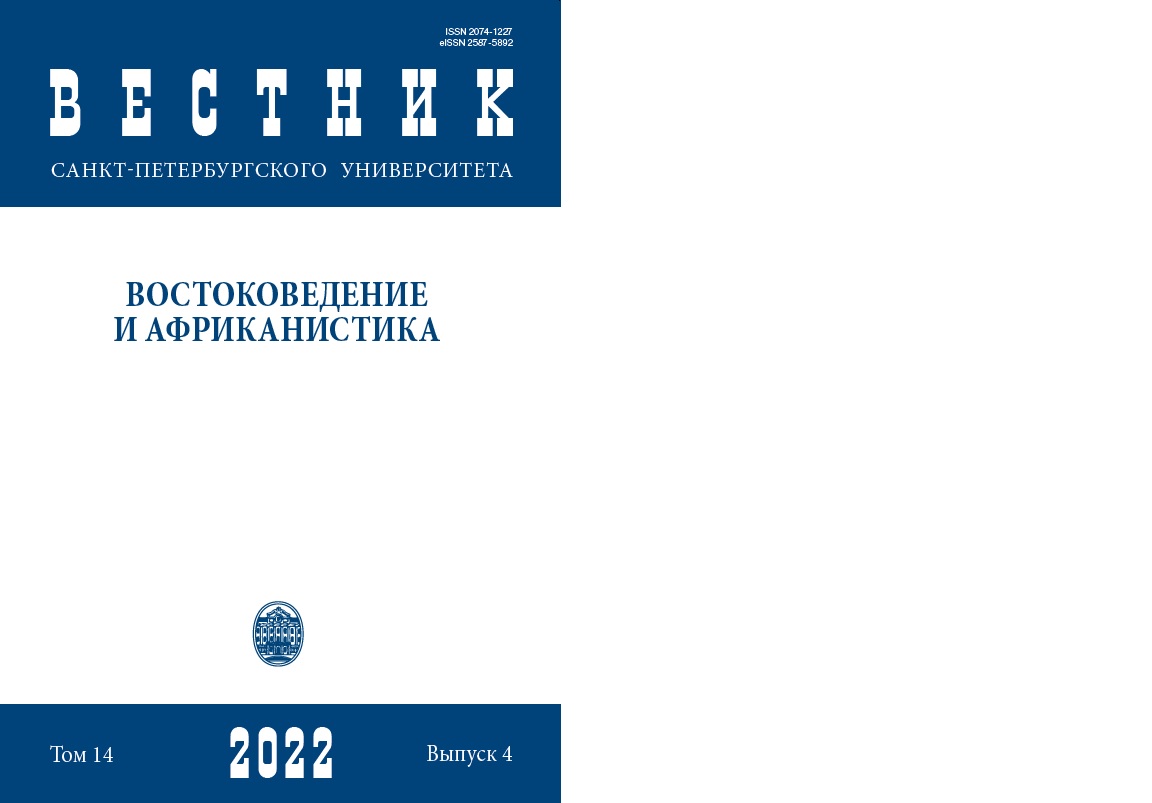National Peculiarity in the Works of Realistic Egyptian Writers of the Middle of the 20th Century
DOI:
https://doi.org/10.21638/spbu13.2022.408Abstract
The significance of literature heritage of any people consists in the fact, that the personages of this literature reflect the main national peculiarity of this people as a living, developing system, which represents a part of the whole mankind. Hertsen, Belinsky, Karamzin and many other philosophers paid special attention to the national originality. Among the factors determining the national peculiarity is the linguistic factor. The way of speaking of literature heroes signifies much. Another factor, which forms the inner world and spiritual demands, is religion. The way of thinking varies depending on social, economic, cultural and other factors. So, the way of thinking of fellah (peasant) and citizen is different. Way of life, family traditions, environment also have great influence on the forming of national character, and the detailed description of life of the personages represents rich material for the research, even the way of cooking played significant role, because it reflects the traditions, the history and longtime experience. Also, we consider the humor, because of its determination by opinions, habits, and public
mood. Many Arabic novels appeared by the influence of the works of Western and Russian writers. In this case may be very useful the comparative method.
Keywords:
national psychology, way of thinking, literature heritage, religious factor, comparative method.
Downloads
References
Downloads
Published
How to Cite
Issue
Section
License
Articles of "Vestnik of Saint Petersburg University. Asian and African Studies" are open access distributed under the terms of the License Agreement with Saint Petersburg State University, which permits to the authors unrestricted distribution and self-archiving free of charge.





